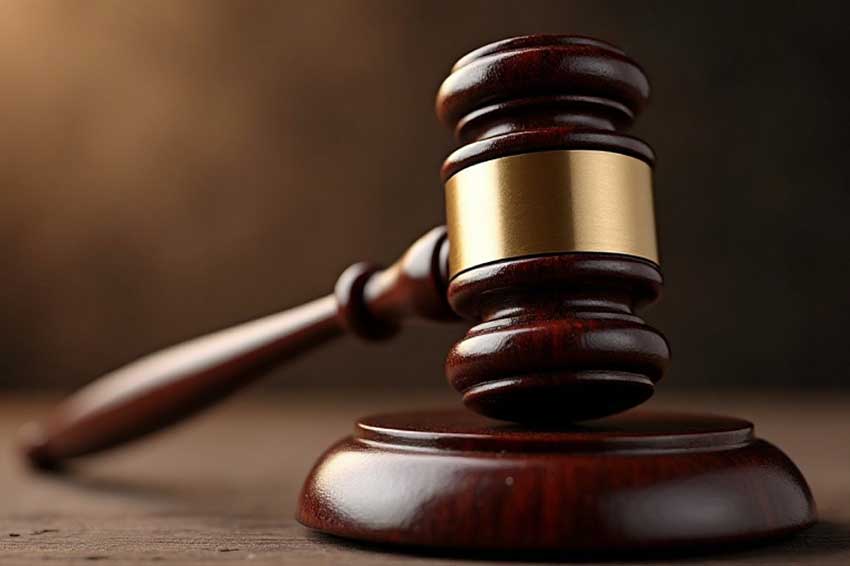
Since the beginning of 2025, the China National Intellectual Property Administration (CNIPA) has applied stricter criterion on the formality examination of trademark non-use cancellations in China, by raising the applicant's burden of prima facie proof in non-use cancellation procedures and requesting the applicants and the agents to make promises to show good faith in filing the non-use cancellations. These changes represent CNIPA's determination to deal with malicious non-use cancellations and curb misuse of the cancellation system.
As of April 2025, by way of issuing official actions to specific cases, the CNIPA has requested the following documents for its formality examination before accepting the non-use cancellation cases:
• Basic information of the registrant of the disputed mark, including but not limited to the business scope, business status or good standing status, and trademark registration information.
• Investigation report on the business status of the registrant if the registrant is in good standing, including but not limited to the evidence showing its products or services and business addresses.
• Online search results from at least 3 platforms of main E-commerce platforms and websites in the relevant industry, and the submitted search results for each platform should include at least five consecutive pages from the first page.
• Signed commitment letter affirming the truthfulness, accuracy, and completeness of submitted materials.
• A disclosure of the true cancellation applicant and related new trademark applications or ongoing review procedures connected to the disputed mark, if any.
The number of non-use cancellations including appeals has significantly risen in China in the recent years. In specific circumstances, malicious parties would file non-use cancellations against the same registrant's marks or even the same trademark repeatedly mainly to disturb the business operation of the registrant and the registrant has been required to submit evidence of use again and again. Such malicious non-use cancellations are contrary to the purpose of the law to motivate trademark use. The recent change in formality examinations reflects the CNIPA's determination to guide non-use cancellation actions to return to rationality and fairness.
Although the requirements for filing non-use cancellations are higher, it will not create substantive obstacles to non-use cancellation actions if the CNIPA's requirements are satisfied by the applicant and the agents.
Source: FERRANTE IP China

Stay IP to date